Black Rock City Inspiration
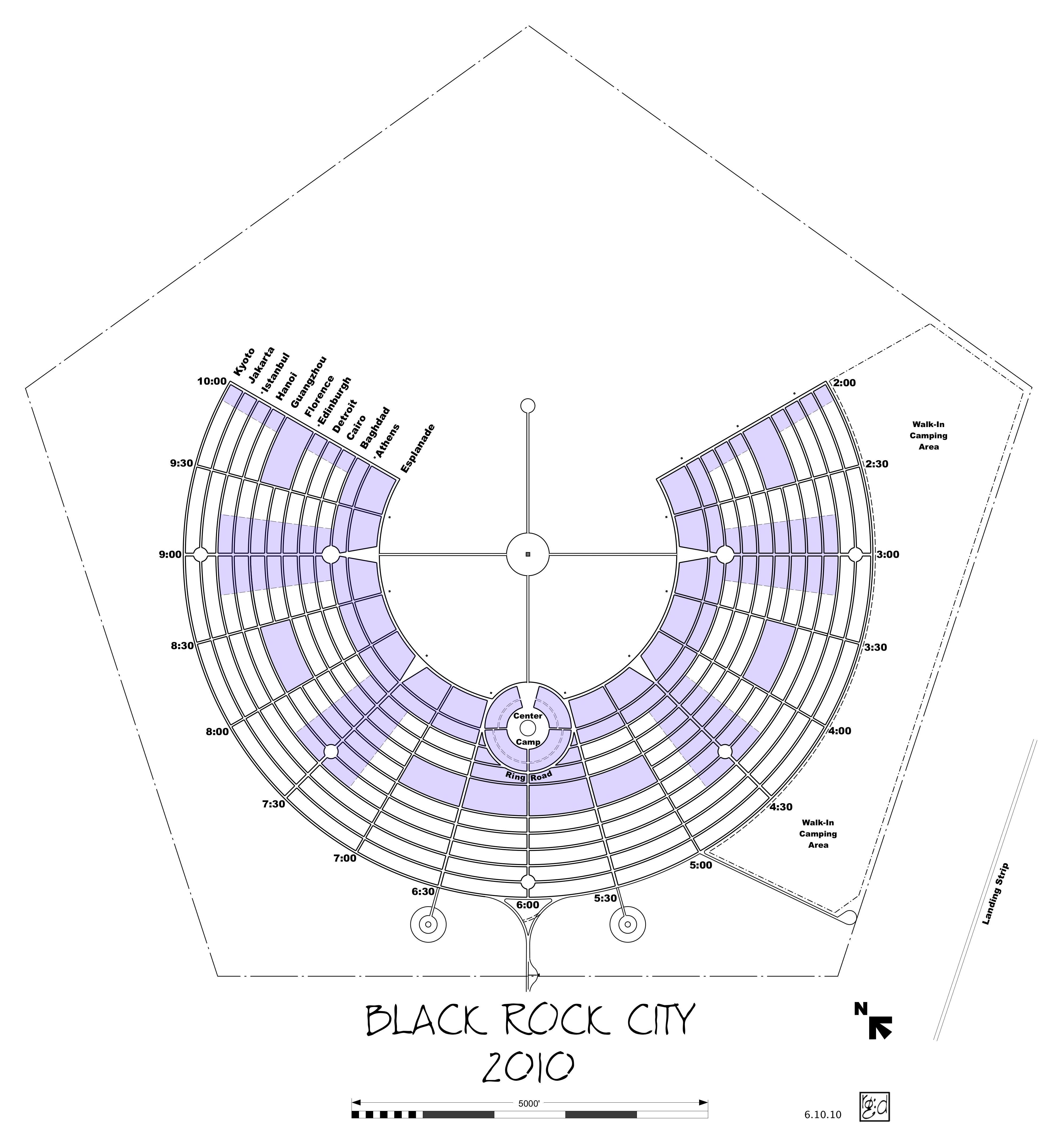
At this very moment 50,000 people have setup housekeeping in a temporary city in the Nevada desert. If you don’t know much about the Burning Man Project you might find it surprising that this temporary city (Black Rock City) has an incredibly well thought out plan designed by architect Rod Garrett.
This year the art theme for the city is Metropolis: The Life of Cities… so naturally there is an increased awareness and focus on how to make it more livable. The inhabitants of Black Rock City are already very careful about leaving no trace when they leave, so it seems like a great community to spent a bit of focused time noodling over this growing concern – how to make communities more livable.
My brief exploration into the origins of the BlackRock City plan brought back a memory of a comment that Jim, one of my readers, made about needing a place just for tiny houses. Here’s part of what Jim said:
“What we need is a piece of land where we can all get together without zoning boards and such and do our thing. We do need an association of some sort and a publication to focus our efforts.”
I couldn’t agree more with Jim’s comment – and Black Rock City begins to provide a real world example of how this might be done.
My head spins with ideas of how this might take shape. The main challenge would be to find a piece of land in a location where a critical mass of full-time inhabitants could be achieved. It would also have to be located in a place where the existing local government was agreeable to such a sustainable city.
The financial critical mass may not be as hard to achieve as one might think. For example, 50,000 people attend burning man each year and each person pays about $300 each for a ticket. That means the managing organization must have a budget in the neighborhood of $15 million. So when I say things like, “We’re Stronger Together,” you can see what I mean by all the zeros.
Duplicating Burning Man is not really realistic but bringing together a group of motivated people large enough to finance such an endeavor may be within reach, especially if the project stayed focused on frugality, self-sufficiency, and sustainability.
Here are some initial thoughts:
- Establish a true democracy – Maintain a separation of business & state… and keep the requisite beaurocracy small. Develop a simple way for people to discuss and vote on shared community issues. Keep the scale small enough to effectively promote self-governance.
- Make it self-sufficient and sustainable – Produce the things people need within the community without any required outside trade. Encourage trade with other communities, but avoid developing dependencies.
- Promote safe alternative housing – Use things like the international building codes as a guide but avoid getting bound-up in regulations. Use common sense and local expertise to keep homes safe.
- Encourage owner and community built housing – Come together to help others build mortgage-free simple homes.
- Finance the project by selling shares instead of physical lots – Imagine owning the right to live in a place while leaving the land itself shared by the community. Theoretically this would help promote a stronger sense of civic responsibility and discourage real estate profiteering.
- Keep things low-tech and frugal – Avoid centralized civic projects that require excessive setup costs and maintenance. Instead use small scale power systems, rainwater collection, solar and wind pumped wells, composting toilets, and greywater systems.
- Establish human scale businesses – Commerce and trade are one element that knits together communities. By all means a people should find ways to contribute to the community – just keep it on a human scale to promote more accountability.
- Embrace diversity – Diversity adds strength to everything from investment portfolios to ecosystems. If we allow our differences to divide us, things will fall apart. Instead focus on common values.
- Design shared places – To encourage cohesiveness build into the city plan shared places for work, play, worship, etc.
- Develop a model for including visitors – Instead of establishing a closed-door policy, set precedents for regular events and opportunities for visitors to share and learn. This may also include hosting an occasional large event that could help replenish the shared funds the community would need to grow.
This is really just a daydream, and a bit different from the eco-village or co-housing models. I’m really just describing what a modern version of an ancient Greek city-state might look like.
If a group of motivated people can put together a city for 50,000 people in the Nevada desert each year, and leave without a trace; it should be within reach to develop permanent small cities like the one I’ve begun to describe here. All you’d need is the right mix of people, the right location, and a critical mass.

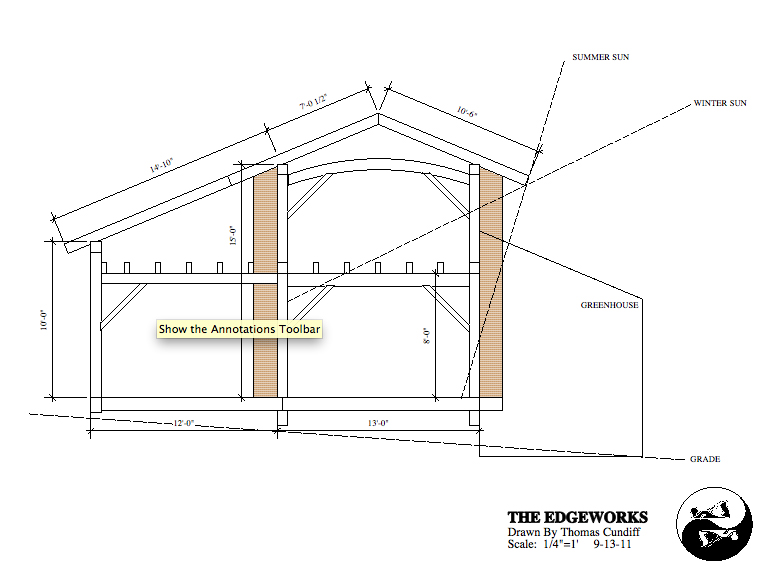
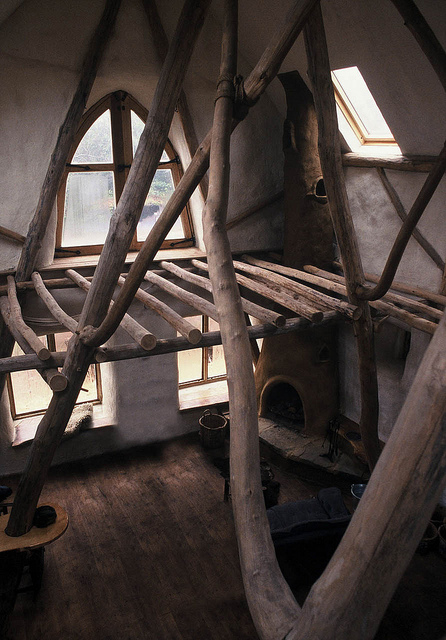

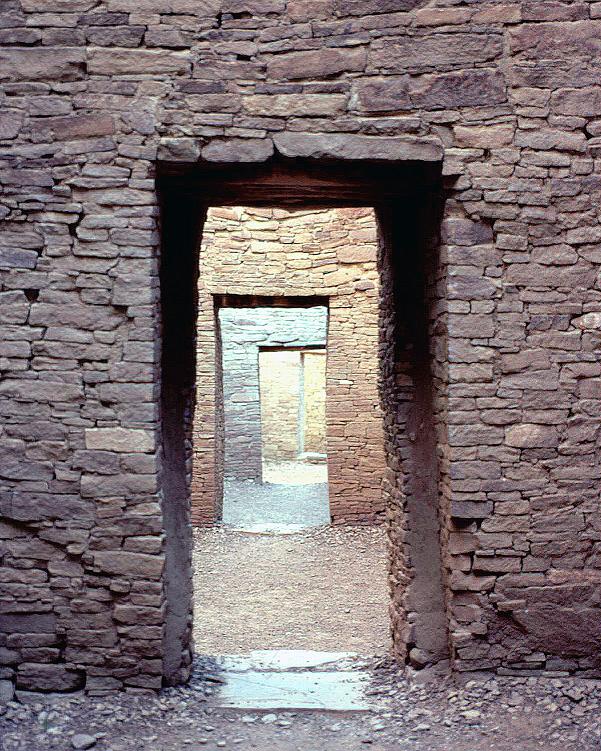
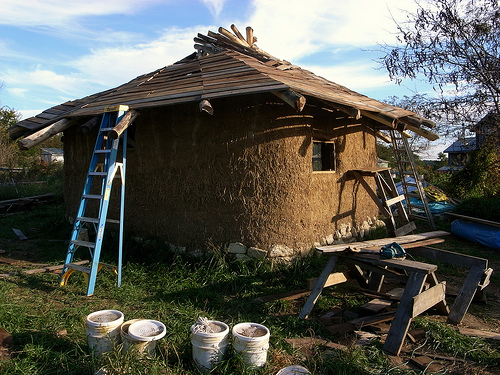
I would love to live like this.
There are a couple of other models which you’ve not examined, presumably due to a North American aversion to the concept of tenancy/villeinage (from the same latin where we get village, ‘villa’ – a country home.)
If a landowner/developer were to provide land, (some, negotiated) materials and (some, negotiated) infrastructure, the project would be much more likely to develop rapidly. Yes, there’d be a final authority who might over-ride the desires of the community, but equally there’s someone to ‘blame’ in settling divisive arguments, a sugar daddy to overcome the initial investment stressers.
And the IBC is the *minimum* legal requirements for community safety. They’re not what I’d prefer to live in.
Ultimately, however, communities require a stable economy, economic activity balancing consumption. In other words: jobs. Figure that out, and utopia could be yours.
Please add me to any list you have
[email protected]
I’m in. I’m in the Boston area, and trying to find people who feel similarly. So far, no such luck. I think that with a few people, just 3-10 families (and yes, I’m counting singles as a family) would make the whole thing easier. It wouldn’t be self-sufficient, but it could have the same community feeling, similarly building on shared values. Any ideas for how to get this going? I posted some ads on craigslist, but…
I’m in the Boston area, and I’m interested! Somehow I missed your ads on craigslist (I’m looking all the time). Been reading all I can about this, and I’m determined to find a way!
[email protected]
Hi,
There does seem to be some interest in this idea… so I’ll definitely start a list and you’ll be the first. Good thinking.
Thanks!
Michael
Michael – your thinking is very much in line with eco-village design. As I have been working on my proposed small house community project in Asheville, discussions have brought me to thinking of many options to achieve these goals. I have been working on a workshop curriculum for “holistic” permaculture design to help facilitate this in whatever forms the “true democracy” of the group would decide.
Ron
Umm. would 20 acres and a veggie oil burning light industrial generator help? Also have some solar and a bunch of salvaged cra…. I mean usable resources and a real talent for finding stuff.
It’s a fun idea, but you do have to wonder, though, if this effort wouldn’t be better spent changing the laws, especially if the effort is multiplied through organizing other people.
There is a saying: Decisions are made by those who show up.
I would add that in the political system, they are made by those who participate. If everyone just runs off like this we will never get any improvements done.
It kind of reminds me of the Dancing Rabbit eco-village, which I think appeared on this blog a while ago. I mean, great idea and everything, but it only affects the two dozen or whatever people that live there. That’s it, except for a bit of inspiration and thought provokage. The reduction in impact on the environment and other people’s lives is negligible compared with the most insignificant laws.
ic.org might be a good place to start
Hey. I can add a report from Burning Man 2009. I am the author and copyright holder.
http://planetwaves.net/astrologynews/1320675027.html
Eric Francis
A favourite saying of mine is “forward in all directions”. Not everyone can advance in any particular direction, but those who are inclined to do so should, and those whose inclinations lead them elsewhere should follow their own way. As long as the general direction is towards improvement it works. It’s not necessarily running “away”, it’s more like running “to”. Those who are working on changing legislation would benefit from having positive working examples to point towards. Nay-sayers thrive on fear-mongering and the more examples of living and thriving to point to the better.
I’m sure instead of a simple separation between business and government you meant rather something like a one-way permeable wall preventing business from overly influencing gov’t. Where gov’t instead of enabling the worst instincts of business, has enhanced powers to regulate those instincts to the benefit of the many rather than the few.
It’s a very sticky subject, unfortunately. In the present situation the solution, or at least a reasonably effective treatment, would be public campaign financing.
But we’re talking about a hypothetical new society that follows the inevitable collapse of the present one. And that raises an interesting question, one that, for what it’s worth, we’re not likely to live long enough to have to actually address. I mean even if we see the end of the present situation, there will follow – as always occurs – a period of chaos and anarchy. And following that only the most dangerous elements are likely to have the power to make the rules anyway. But whatever, it’s an interesting exercise nonetheless.
But the question is, how does one actually go about designing a society, making the rules? As I’ve just demonstrated, every rule made will be “loopholed” to the point of meaninglessness (hence the state of the US now). Rules have to be designed with extreme care, and even then with an eye to the acceptability of the inevitable consequences.
As a “citizen” of Black Rock City, I can say that what we have out there in the middle of the desert does work…for a while. The excitement of being part of Burning Man, and creating a society based on kindness and gifting is appealing for the first week or so, but the temporary housing, heat, dust and other harsh elements can affect anyone’s demeanor. Most people who come to Burning Man are conscientious of their neighbors and the environment, but then you have the small fraction who don’t give a damn. Without a common goal (and more benign conditions), a utopian society is just not sustainable.
However, Black Rock City is a pretty good microcosm of the ideal society. For a week, I can totally be myself, create some wonderful relationships, and I never feel safer than when I am at “home”.
hi,
im soooo with you….i have had this same daydream for years now. its only a matter of making it a reality now.
The nevada desert? Why the desert? Wouldn’t water and food be a problem?